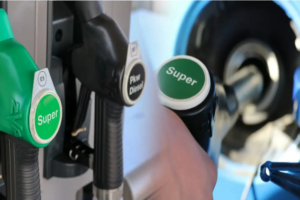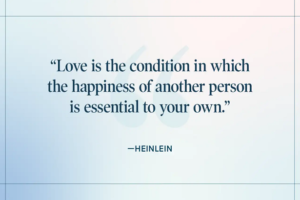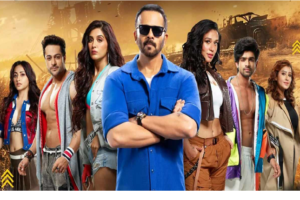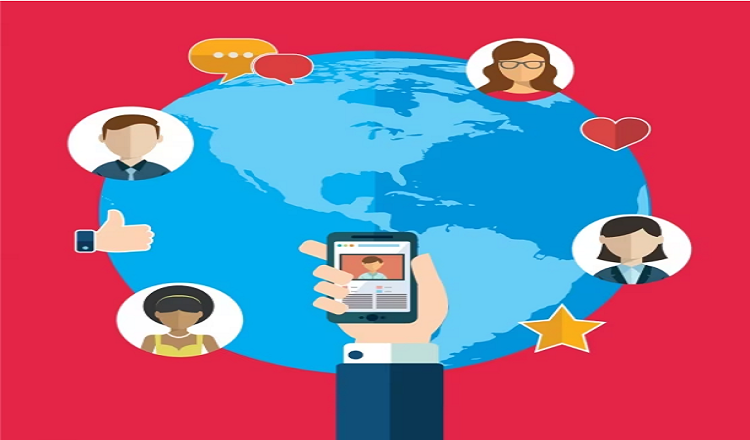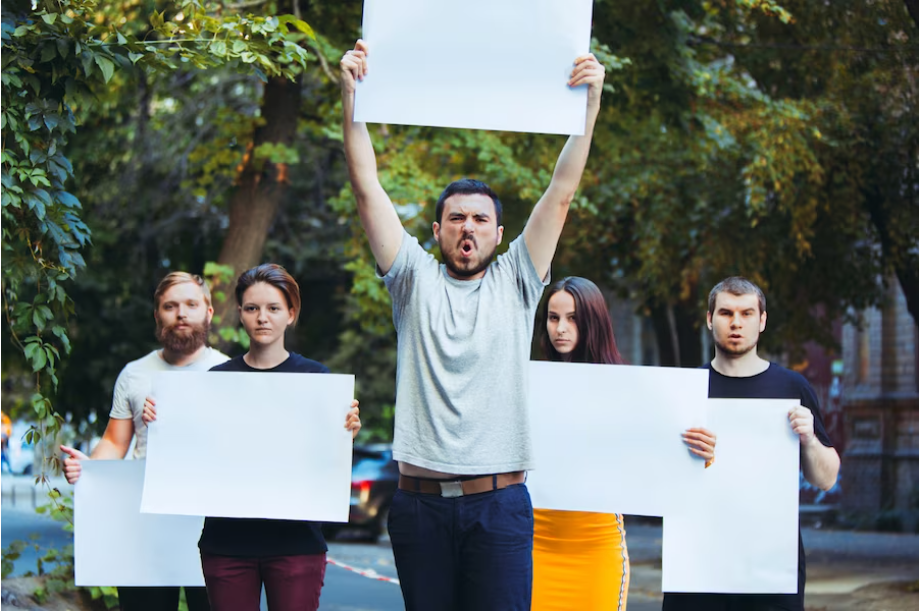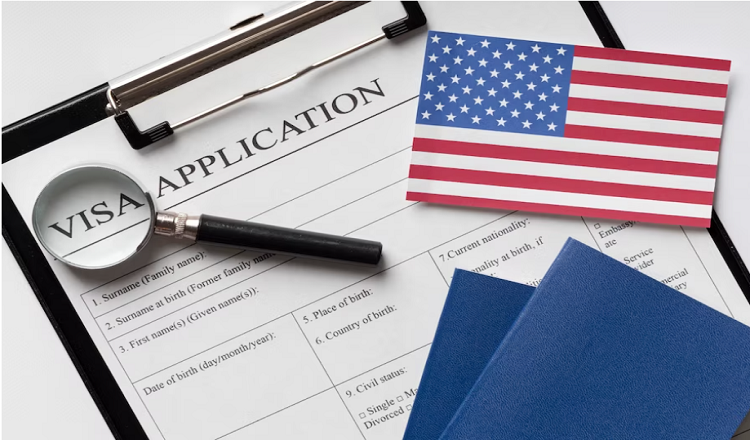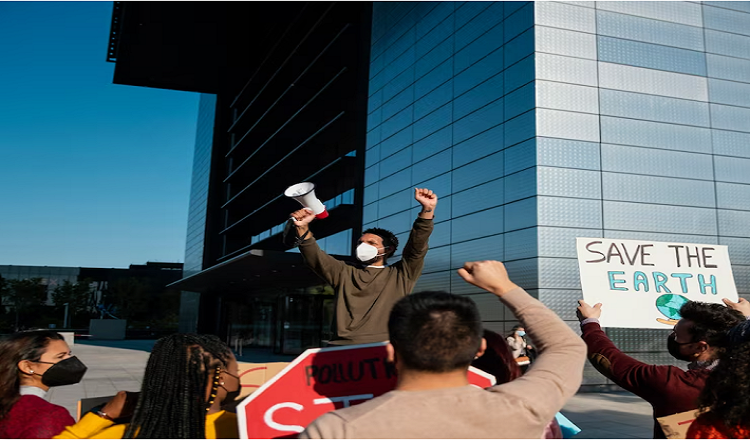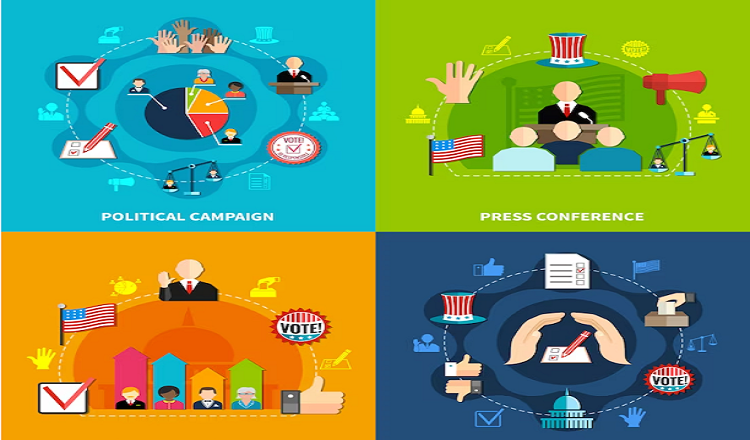It’s difficult to picture a world without social media in the modern era of smartphones, hashtags, and viral videos. Social media has ingrained itself into our daily lives, helping us keep connected with friends and family, as well as informed of the most recent events and fashion trends. What about politics, though? How has social media changed how Americans engage in politics and think about it?
The answer is straightforward: social media has fundamentally altered modern politics. Social media has revolutionised the way we interact in politics, whether it’s politicians using it to communicate with their constituency or voters using it to mobilise and raise awareness about key problems. This essay will examine the significance of social media in American politics today and how it has changed how we see and engage with politics.
The evolution of social media in politics, the influence of social media on political campaigns, the function of social media in voter engagement, the spread of false information on social media, the relationship between social media and political polarisation, and the future of social media in politics are all topics we’ll explore in-depth in this article. You will have a greater understanding of why social media has evolved into such a crucial tool in contemporary politics by the end of this study, as well as how it has changed how Americans interact with and perceive politics. So, fasten your seatbelts and get ready to explore the exciting worlds of politics and social media!
Politics and Social Media: An Evolution
Early political use of social media was characterised by experimentation and unpredictability. Politicians rapidly recognised the possibilities for reaching new audiences and interacting with voters on websites like MySpace and Friendster, which were first used largely for socialising and connecting with friends. For instance, Barack Obama’s successful 2008 presidential campaign made use of social media in a way that had never been done before to engage with young and tech-savvy voters.
Since then, social media has substantially changed, with new platforms and features being introduced on a regular basis. Politicians now have access to a variety of social media technologies, from Facebook and Twitter to Instagram and TikTok, to reach new audiences and interact with voters. Politicians can now monitor public opinion and act immediately thanks to live streaming, social listening, and data analytics, which have all become significant social media elements.
In general, the rise of social media in politics has been fueled by a desire to engage voters in fresh and creative ways while expanding audiences. Politicians will need to keep up with emerging trends and technology as social media continues to change in order to stay relevant and maintain strong voter connections.
Social Media’s Effect on Political Campaigns
The way politicians communicate with voters and promote their message has fundamentally changed as a result of social media’s tremendous influence on political campaigns in the USA. Through social media channels, politicians may now interact directly with voters, bypassing traditional media middlemen and reaching new audiences. With the ability to instantly share films, photographs, and live streams with millions of followers, social media has also made it simpler for politicians to mobilise supporters and boost awareness of their campaigns.
The 2018 congressional campaigns of Alexandria Ocasio-Cortez and Donald Trump are two instances of successful political campaigns that made good use of social media. Social media was used by both campaigns to reach out to voters and convey their message in a way that appealed to their respective constituencies. Overall, social media has altered the dynamics of political campaigns, giving candidates fresh chances to engage people and secure victories.
The way politicians communicate with voters and promote their message has fundamentally changed as a result of social media’s tremendous influence on political campaigns in the USA. Through social media channels, politicians may now interact directly with voters, bypassing traditional media middlemen and reaching new audiences. With the ability to instantly share films, photographs, and live streams with millions of followers, social media has also made it simpler for politicians to mobilise supporters and boost awareness of their campaigns.
The 2018 congressional campaigns of Alexandria Ocasio-Cortez and Donald Trump are two instances of successful political campaigns that made good use of social media. Social media was used by both campaigns to reach out to voters and convey their message in a way that appealed to their respective constituencies. Overall, social media has altered the dynamics of political campaigns, giving candidates fresh chances to engage people and secure victories.
Social Media’s Impact on Voter Engagement
Social media has been instrumental in raising voter involvement and engagement in American politics. Social media has made it simpler for citizens to participate in politics and keep informed about crucial issues by giving elected officials a forum to communicate with voters directly. Furthermore, social media has been particularly useful in attracting young voters and members of marginalised communities to the political process.
The Black Lives Matter movement and Bernie Sanders’ 2016 and 2020 presidential campaigns are two examples of social media voter engagement efforts that have been successful. Both campaigns used social media to connect with millennial voters and ethnic communities, spreading their message and inspiring new and creative forms of supporter mobilisation. In general, social media has been a potent instrument for boosting political participation and voter engagement, especially among historically marginalised areas.
Misinformation about Social Media and Its Spread
With inaccurate or misleading material frequently going viral and influencing public opinion, the dissemination of disinformation on social media has grown to be a significant problem in American politics. Elections and political events can be significantly impacted by misinformation, which can confuse voters and erode faith in democratic institutions. Although social media sites have made attempts to stop the spread of misleading information, such as fact-checking and labelling it as fake, the problem still poses a serious threat.
The 2020 presidential election is one instance of how disinformation has affected political events in the USA. False claims of voting fraud and election rigging were widely disseminated on social media throughout this election. As a result, there were protests and even some acts of violence as some people felt emboldened to take matters into their own hands by misleading information. Overall, there needs to be more done to counteract the propagation of false information on social media, which continues to pose a serious threat to American democracy.
Politics and Polarisation on Social Media
Political polarisation in the USA has been significantly exacerbated by social media, whose platforms frequently reinforce preexisting biases and produce echo chambers that limit exposure to opposing ideas. Social media algorithms give users’ engagement with material priority, which encourages the spread of sensational and divisive information. Users may be exposed to increasingly radical ideas as a result, further solidifying their preexisting convictions.
The rise of hate speech and the spread of conspiracy theories are only two instances of how political polarisation has affected social media discourse in the USA. As users are exposed to inaccurate or misleading material that supports their preexisting opinions, the use of social media to promote political misinformation and propaganda has also led to polarisation. Overall, social media has widened the gulf between American political sides, and more work has to be done to foster communication and understanding across party lines.
Politics and Social Media in the Future
New technological advancements as well as shifting political and social trends are expected to influence how social media will play a role in American politics in the future. With platforms providing fresh opportunities for politicians to interact with voters and influence public opinion, social media is expected to continue to play a significant role in politics. Politicians may have a more direct and sincere approach to engage with their audience thanks to the growing popularity of video and live streaming.
New audio-only social media platforms like Clubhouse, which politicians have used to organise town hall meetings and interact with constituents, are among the ones that politicians may employ in the future. Virtual and augmented reality technology may also present fresh opportunities for immersive and interactive voter engagement. Overall, a variety of new technologies and platforms are expected to have an impact on the future of social media in politics, giving politicians additional opportunities to engage with voters and sway public opinion.
Conclusion
In conclusion, social media has a significant role in American politics today and has the power to influence political discourse and outcomes both favourably and unfavourably. We have looked at how social media has changed politics, how it affects political campaigns, how it affects voter turnout, how disinformation spreads on social media, and how it contributes to political polarisation.
It is obvious that social media has had a big impact on how politicians interact with voters and how the public views politics. Politicians must place a high value on transparency, authenticity, and ethical message if they want to use social media effectively. On the other hand, in order to avoid getting caught in echo chambers, voters must remain informed and actively seek out different viewpoints.
Both politicians and voters must use social media in a responsible and informed manner if social media is to continue to have a positive impact on contemporary politics. We must continue to be on the lookout for the dissemination of false information and work to encourage sincere, open communication. By doing this, we may develop a more educated and active electorate and contribute to the development of a more dynamic democracy.
Read More You More Like:
- The Ethics of Political Campaign Advertising
- Biden’s New Immigration Policies Pros and Cons
- America’s Gun Control Debate An Overview
- Exploring the Rise of Populism in Europe
- India’s New Farm Bills Controversies and Consequences

